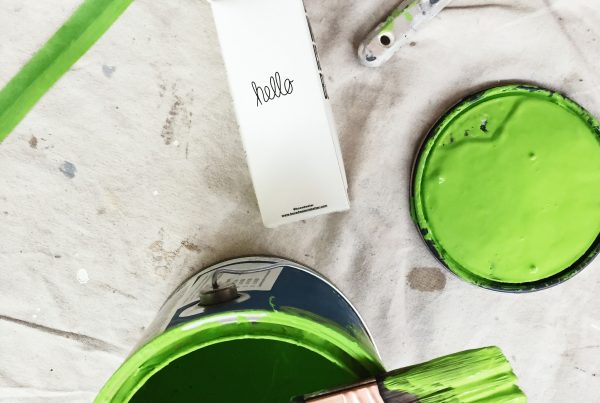In today’s conscious climate, customers are increasingly choosing to spend their hard earned cash with socially responsible brands and businesses. It is no longer sufficient to “wow” people with a sparkly product and enticing price tag.
Investing in Corporate Social Responsibility (CSR) is a win, win: yes, it positively impacts your brand but it also benefits our planet and everyone who inhabits it.
Take IKEA’s charitable foundation and its mission as an example: “To create substantial and lasting change by funding holistic, long-term programmes in some of the world’s poorest communities that address children’s fundamental needs: home, health, education and a sustainable family income, while helping communities fight and cope with climate change.”
At Direct Ergonomics, we strive to be socially responsible through our Indigenous Programs:
- Indigenous Cadetship: This is aimed at getting candidates job-ready. We offer a paid position that runs for 6-12 weeks and covers all areas of the business. Guidance is given on resume preparation and we also provide hints on how to handle a job interview. Mentoring carries on indefinitely.
- StandUP Program: We have set up a system where $10 from each product purchase is given to supporting Indigenous Youth Programs in Rural Australia. We are currently focusing on Moree, as they have a Youth Crisis. This is also where our founder’s heritage stems from. We will be looking outside of Moree as the program develops. To date, we have donated over $10,000 and our aim is to double this within the year.
- Boots N All Program: This has just started and it’s something we’re very excited to share! We are aiming to source used (but in good condition) boots and sports shoes to send out to communities who need them. We are liaising with schools and sports clubs to gain awareness and support.
- We also employ Indigenous workers and companies wherever possible, including (but not limited to) transport and installation companies.
Part of taking on this responsibility is also helping others in the industry become socially responsible, too. We hope to create a ripple effect.
Furniture and CSR Commitments
Here are a number of steps you can take to accomplish your CSR goals using furniture:
- Produce or buy environmentally-friendly furniture (this includes demanding sustainable production methods, transportation, and materials)
- Advocate for and support safe working conditions for production staff
- Choose Australian companies who support local communities and source goods locally (to minimise the carbon footprint)
- Document CSR efforts in the form of certifications and supplier declarations
- Stay on top of regulation and strive to go one step further, where possible, by investigating science, technology and new product development
- Educate colleagues and customers on why high standards can increase prices, and why this should not be a deterrent given the importance of the issue
- Boycott brands and suppliers that use unsustainable materials or have questionable production and transportation methods
How can your business leave a socially conscious legacy?




